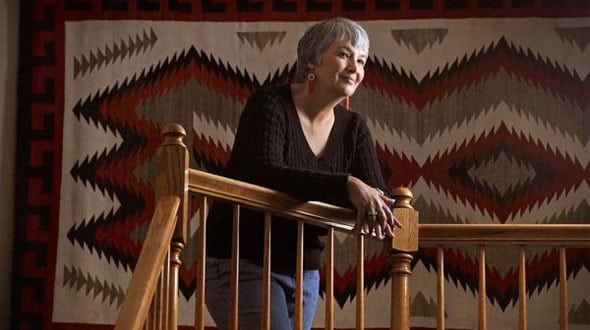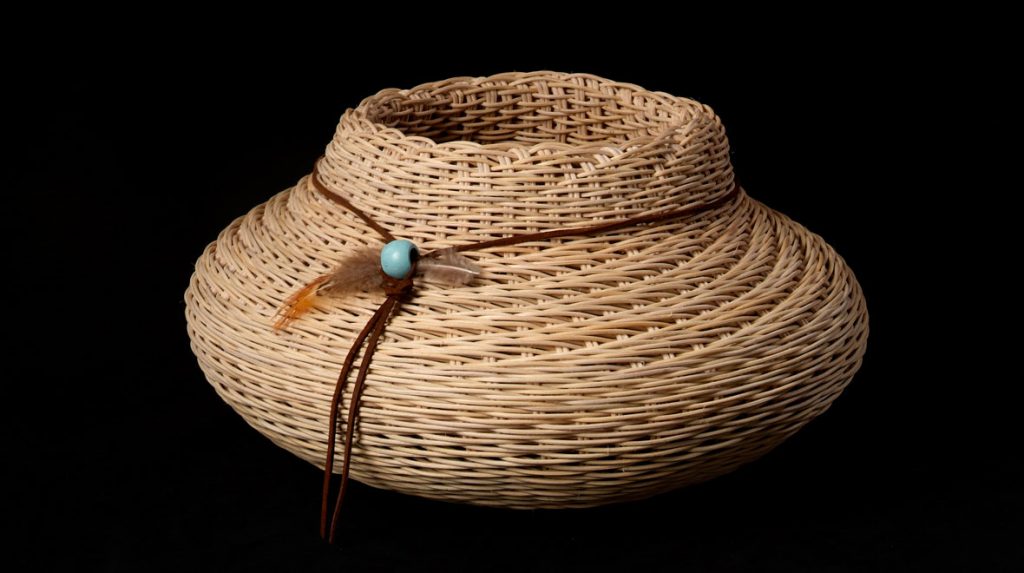[wpcol_1half id=”” class=”” style=””]By Monte Whaley
excerpts from The Denver Post [/wpcol_1half]
[wpcol_1half_end id=”” class=”” style=””]Posted: 11/29/2009 06:27:08 PM MST
Updated: 11/29/2009 09:59:34 PM MST[/wpcol_1half_end]
Even in third grade, Susan Devan Harness knew she didn’t belong in the white world. She already was being called “squaw girl” by classmates. Harness drew suspicious stares and was followed by employees every time she entered a store in the Montana town where she was raised. But it wasn’t until she was 14 that she realized how estranged she was from the dominant culture she had been pushed into. Harness was among the 395 or so American Indian children forcibly adopted into white families as part of a national social experiment conducted from 1958 through 1967.
Harness, now a Colorado State University cultural anthropologist, has written a book about the experiences of those swept up in the Indian Adoption Project.
She found that like her, many of the adopted children were ostracized and belittled in both white and American Indian communities.
Harness, now 50, recalls being a teenager sitting on her front porch, listening to radio reports of the rising clamor caused by the American Indian Movement in the early 1970s. “I heard my dad say, ‘What are those drunken war whoops up to now?’ ” Harness said.
“I thought to myself, ‘If my dad was saying this to my face, what are other people saying about me?’ ” Read the full story at The Denver Post



